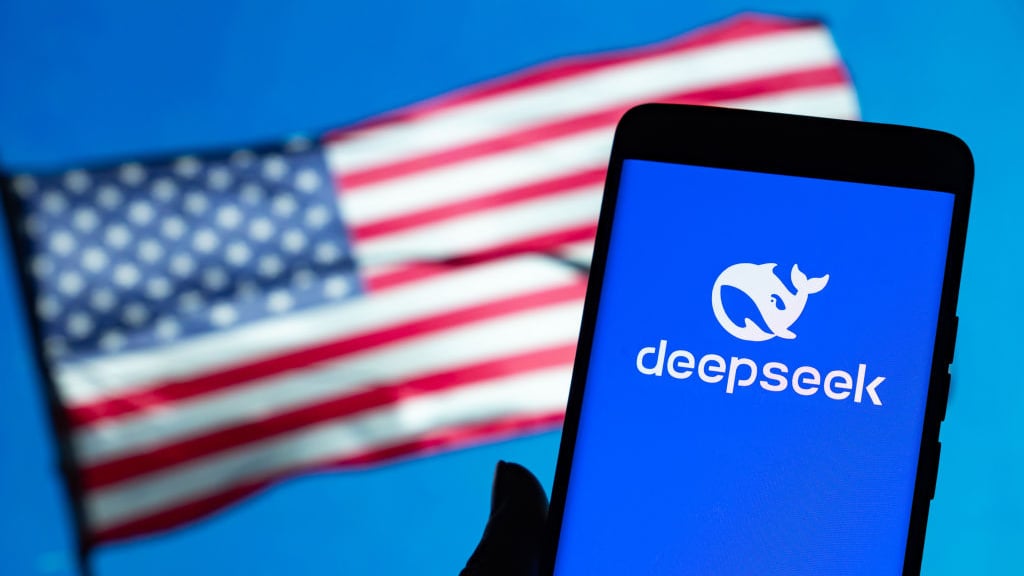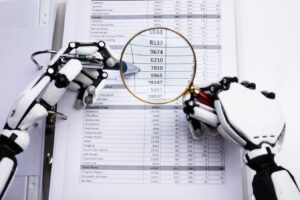OpenAI Warns That China Might Force DeepSeek to Inflict Damage, Advocates for a Ban

OpenAI Raises Concerns Over DeepSeek’s Influence in AI
OpenAI, the company behind ChatGPT, is sounding alarms about a rival Chinese AI firm, DeepSeek. The company claims that DeepSeek might be influenced by the Chinese Communist Party (CCP) to alter its AI models in harmful ways. This assertion comes amid rising tensions regarding security and privacy in artificial intelligence technologies.
OpenAI’s Warnings
In a recent letter addressed to the U.S. Office of Science and Technology Policy, OpenAI argued for a prohibition on Chinese-made AI models and technology that may infringe on user privacy or create potential security threats. They specifically pointed to risks like intellectual property theft, emphasizing that "Tier 1" countries, such as the UK, Canada, and Germany, should impose strict bans.
According to OpenAI, the integration of DeepSeek’s AI models into critical infrastructure may pose significant risks. They drew parallels between DeepSeek and Chinese tech giant Huawei, which has faced heavy sanctions in the U.S. and various parts of Europe.
Concerns About National Security
OpenAI’s assertions also aligned with the U.S. government’s ongoing efforts to restrict apps like TikTok. The U.S. administration expressed fears that byte-sized data from TikTok could be handed over to the CCP by its parent company, ByteDance.
In a notable context, DeepSeek’s founder, Liang Wenfeng, was reported to have met with Chinese President Xi Jinping during a recent AI summit. This development, alongside OpenAI’s CEO Sam Altman’s previous high-profile meetings with U.S. officials, raised questions about motivations and national security.
Legal Issues and Criticisms
While OpenAI’s call for a ban on Chinese AIs appears aligned with maintaining national security, some critics argue that the company’s motives might also be self-serving. OpenAI itself is facing several lawsuits alleging that it has improperly used copyrighted materials to train its AI models. Thus, their emphasis on intellectual property concerns might seem somewhat contradicted by their current legal battles.
DeepSeek has gained significant attention recently due to its high performance at a low cost, which has led some observers to label it a "Sputnik moment" in AI, highlighting the technological race between the U.S. and China. The app has also quickly climbed the ranks in popularity in the U.S. market, indicating its rapid acceptance.
U.S. Government Response
OpenAI’s letter was part of the larger conversation about an AI Action Plan initiated by the U.S. government to preserve its dominance in the AI space. They proposed measures to expedite American technological advancement, including making it simpler for government agencies to collaborate with "frontier AI" developers and applying "fair use doctrine" to training data.
Chris Lehane, OpenAI’s Vice President of Global Affairs, commented, "While America maintains a lead on AI today, DeepSeek shows that our lead is not wide and is narrowing." This sentiment reflects the urgent need for the U.S. to enhance its competitive edge in AI.
Legislative Measures Against DeepSeek
Despite OpenAI’s recommendations, some politicians have already been taking strides towards stricter regulations on DeepSeek. For example, a bill was recently proposed in the House of Representatives to restrict DeepSeek’s use on government devices, flagging it as a "five-alarm national security fire." Texas and New York have also taken action by banning DeepSeek on state government devices.
Reports indicate that the current U.S. administration is contemplating an outright ban of DeepSeek, though such discussions are still in preliminary stages and may initially focus on government use only.
Several other nations, including South Korea, Taiwan, and Australia, have preemptively blocked DeepSeek on government devices owing to similar security concerns. The broader implications of such measures could significantly affect global AI dynamics and competitive practices among leading tech nations.




